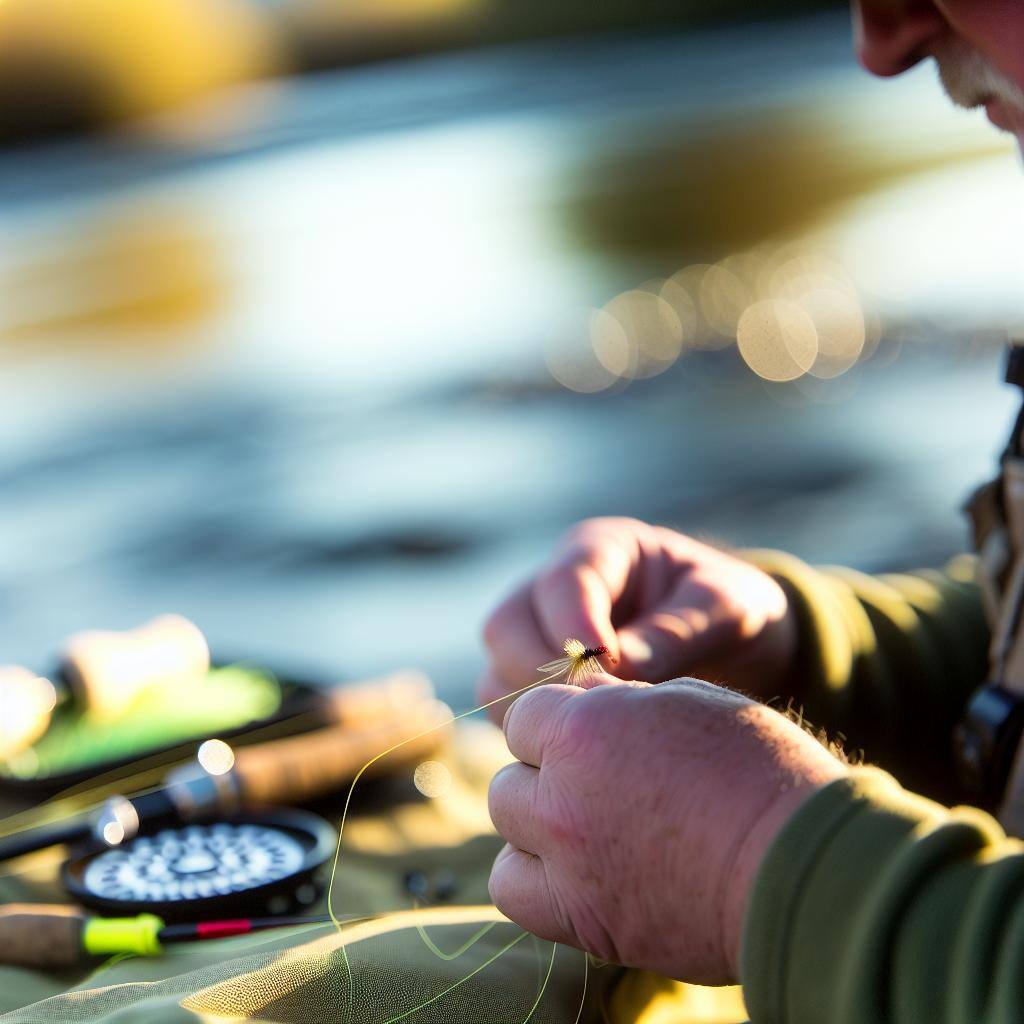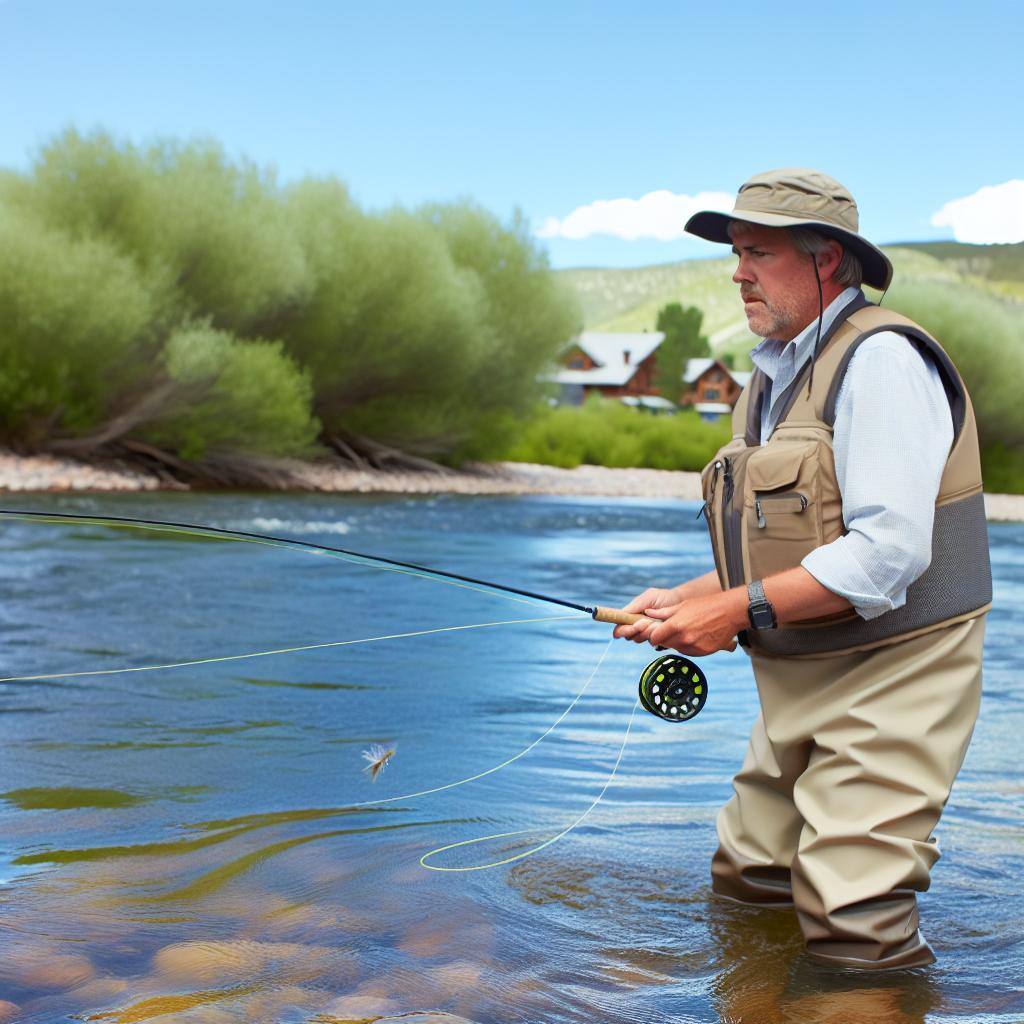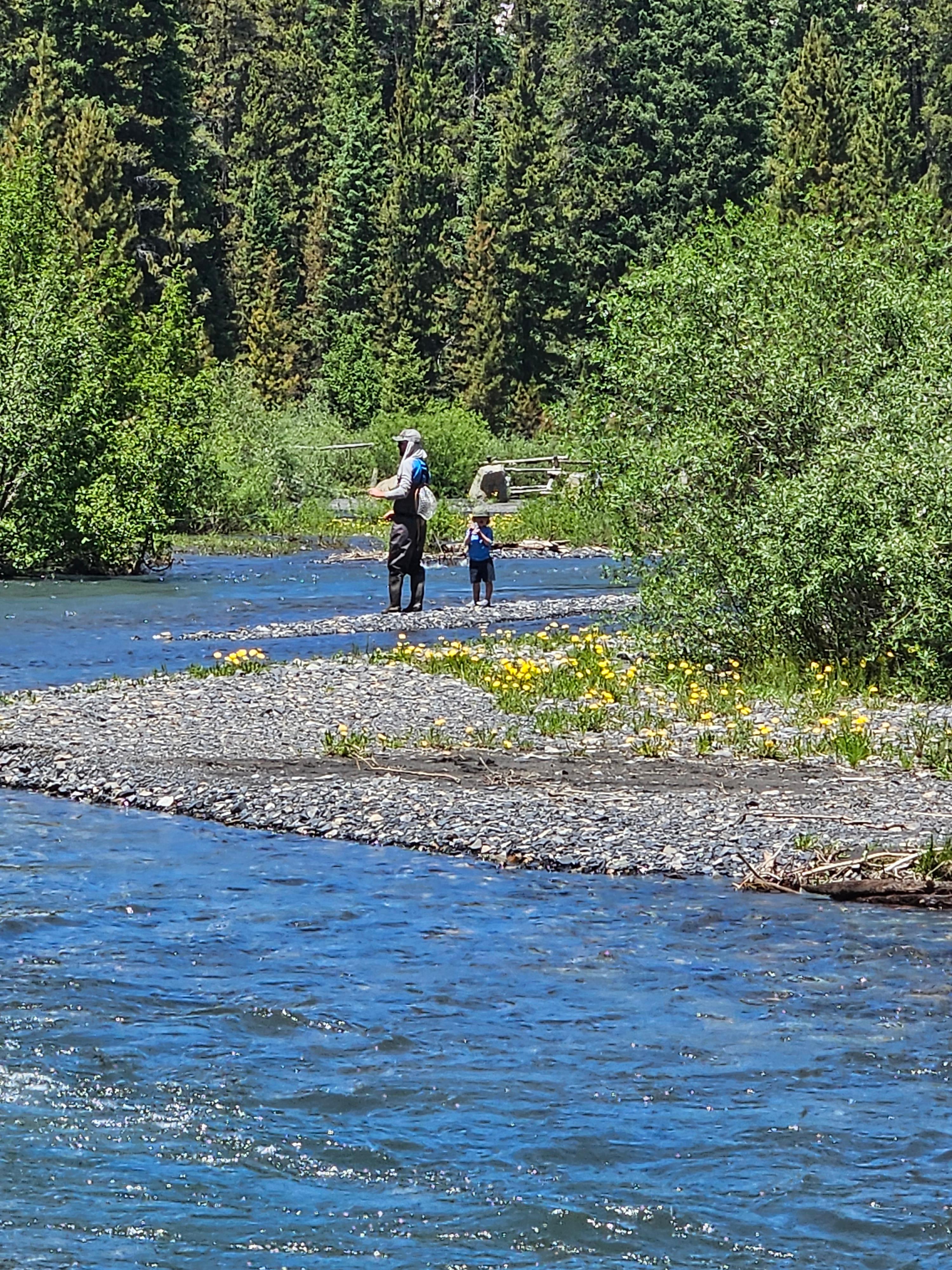When most people think of fly fishing in Colorado, they picture rushing mountain streams and wild rivers. But some of the best fly fishing action can be found on the state’s lakes and reservoirs, where stillwater fishing offers a unique challenge—and the chance to hook into some truly massive trout. If you’re ready to take your fly fishing game to the next level, here are some strategies to help you succeed in Colorado’s stillwaters.

Why Stillwater Fly Fishing?
Stillwater fly fishing is often overlooked in favor of moving water, but ignoring Colorado's lakes and reservoirs is a mistake. These bodies of water, like Spinney Mountain and Elevenmile Reservoirs, are home to large, healthy trout that can be easier to catch than you might think. The fish here often grow big, thanks to the abundance of food and the room to roam, making stillwater fly fishing an exciting and rewarding endeavor.
- More Info: Learn more about stillwater fishing opportunities at https://anglerscovey.com
Key Techniques for Stillwater Success
-
Covering Water: Unlike rivers where fish are often concentrated in certain spots, in lakes, they can be spread out. You need to cover as much water as possible to improve your chances. This means using longer casts and retrieving your line at varying speeds to find where the fish are hiding. A slow, steady strip is usually effective, especially when fishing deeper.
-
Fishing the Thermocline: The thermocline is a layer of water where the temperature changes rapidly and is often where the fish are most active. During the summer, trout will hang out here because it’s cooler and has more oxygen. Getting your flies down to this level with a sinking line can significantly increase your success.
-
Utilizing Wind: Believe it or not, wind can be your ally when fly fishing in lakes. The breeze stirs up the water, making fish less wary, and it also helps push food toward the shore. Focus on fishing the downwind side of the lake where the wind drives insects and other food sources.
- More Info: Check out advanced techniques at https://coloradotrouthunters.com
Essential Gear and Flies
Your gear setup is crucial when fishing stillwater. A 5-7-weight rod is ideal for handling larger fish and dealing with wind. You’ll also want various fly lines, including floating, intermediate, and sinking lines, to cover different depths.
-
Flies to Use: Some of the most effective flies for Colorado’s lakes include Chironomids, Woolly Buggers, and Damsel Nymphs. Chironomids are especially deadly during early spring and late fall when fish feed heavily on them.
-
More Info: Explore fly options at https://news.orvis.com
Adapting to Seasonal Changes
-
Spring: Ice-off is one of the best times to fish Colorado’s lakes. Trout are often found cruising the shallows in search of food. This is the time to use small nymphs and midges near the shore.
-
Summer: As temperatures rise, fish tend to move deeper. When the water is cooler, early mornings and late evenings are the best times to fish. Streamers and deeper nymph rigs are effective.
-
Fall: Fall is a prime time for targeting big fish as they prepare for winter. Use larger flies like leeches and baitfish patterns. The cooler water brings the fish closer to the shore.
-
More Info: Get detailed seasonal tips at https://flylordsmag.com
Final Thoughts
Fly fishing on lakes in Colorado requires a different approach than river fishing, but the rewards can be substantial. By understanding the behavior of fish in stillwater environments, using the right gear, and adapting your strategies to the conditions, you’ll be well on your way to landing some of the biggest trout of your life.
So next time you find yourself at one of Colorado’s beautiful lakes, don’t just pass it by—gear up, cast out, and discover the thrill of stillwater fly fishing.
- Learn More About Stillwater Fly Fishing: https://anglerscovey.com
- Explore Fishing Gear: https://news.orvis.com
.png?width=300&height=100&name=Copy%20of%20Rise%20Beyond%20Logo%2012.31.24%20(300%20x%20100%20px).png)
.png)


